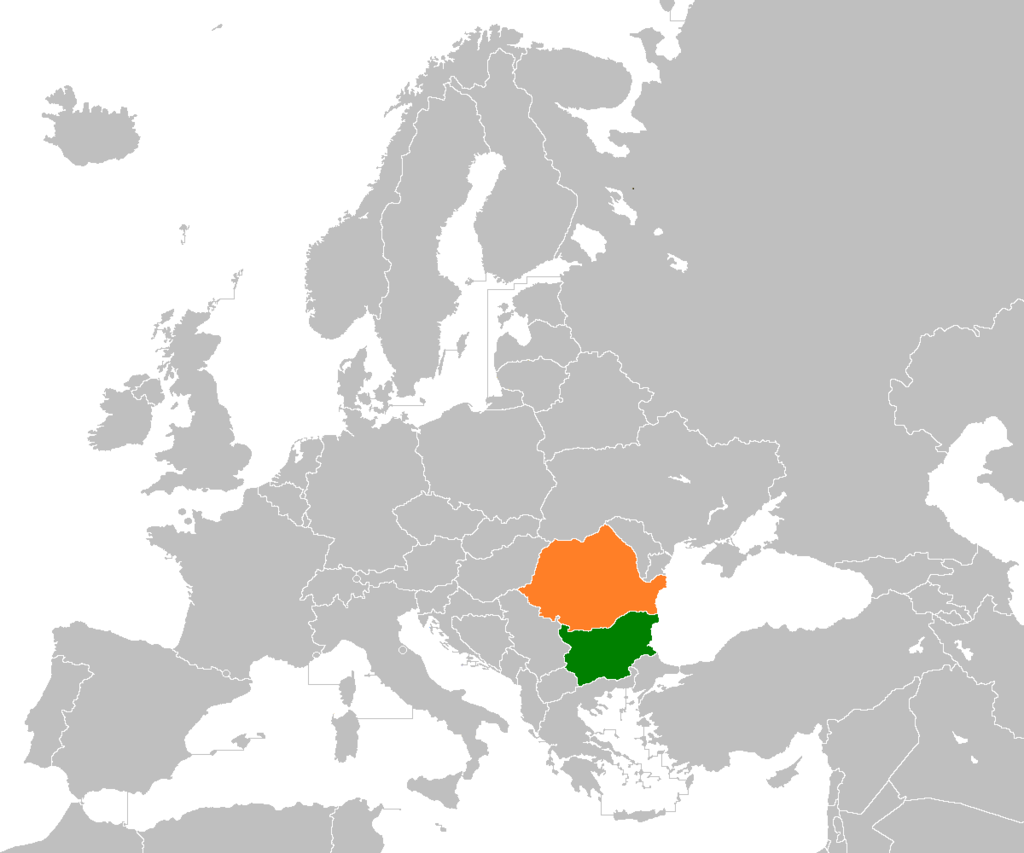On January 1, 2025, Romania and Bulgaria joined the Schengen Area, achieving a significant milestone in their ongoing integration into Europe. This turn of events indeed brings a number of benefits but also presents some challenges. What could be the benefits and the disadvantages in joining the Schengen zone? Let’s try to make a summary, without the presumption of being exhaustive.
ADVANTAGES:
People Mobility:
Romanians and Bulgarians, now do not require any border checks when travelling through Schengen countries thus expanding tourism, business and personal travel space for them. This integration eases the workloads and also the time in which one may take when commuting and working with overseas transport companies.
Economic Expansion:
The absence of borders lowers transportaton costs which well theoretically will lead to an in crease in the volume of trade as well as exports. More effective and better transportation links will create a market for foreigners wishing to invest in Romania and strengthen business relationships between Romania and other member states.
Increased Tourist Activity:
The area being more integrated enhances prospects for expanding the tourism sector as it will be easier for tourists to come to Romania and Bulgaria without extra checks at the border. These aspects further increase the attractiveness of the countries by these visitors by given them easier procedures when they intend to travel across the borders.
Strengthened Ties to EU:
Better integration mean there are stronger levels of commitment to the fundamental and political values of Europe as well as a higher level of stability and credibility in the context of EU affairs.
Reinforced Hardware:
Both nations have already started investing heavily in modernizing their border security systems and their infrastructure in order to be able to join the Schengen and that will pay out dividends later on.
NEGATIVES:
Migration and Security Threats:
The lack of border controls may open up routes for illegal migrants and trafficked persons to move through these countries. Both countries need robust internal mechanisms in security to preempt any internal threats.
Economic Concerns:
While Romania and Bulgaria are set to benefit from EU membership in terms of growth, the income inequalities will see a migration of labor from these nations causing emerging threats of labor shortage locally.
Border Control Measures:
Romania and Bulgaria are likely to also be under pressure to prevent movement of people into Schengen zone, being the borders means they are likely to dilute the resources to not let this happen.
Loss of Employees Dense Workforce:
Greater options for emigration may result in loss of abundance of local development and greater availability of opportunities for emigrants in Western Europe.
Regulatory Issues:
Efforts of making laws, regulations and enforcement in compliance with the model of Schengen may cause administrative burdens and increase the initial cost of compliance.
The accession of Romania and Bulgaria into the Schengen Area is a great step in their European integration process enhancing their economic and social benefits. However, both countries have to cope with migration, security, and economic concerns to be able to take full advantage of this chance. With appropriate strategies and unceasing partnership with EU partners, the benefits of entering Schengen will in due course supersede the disadvantages.


